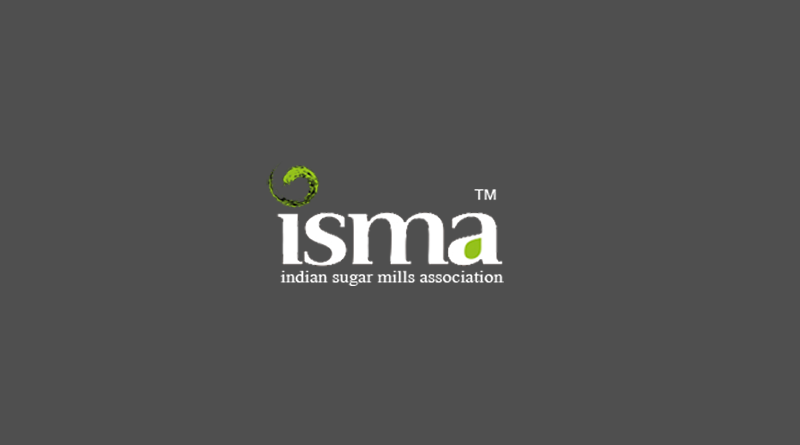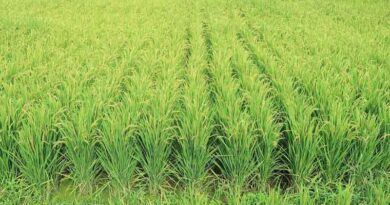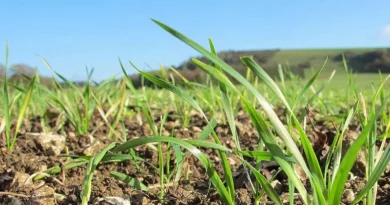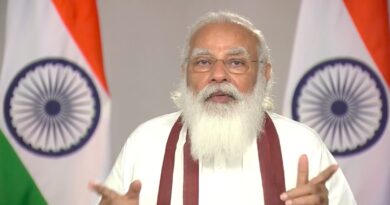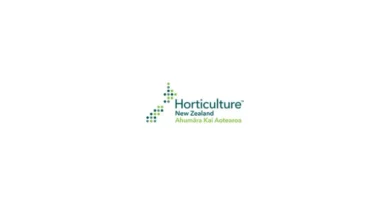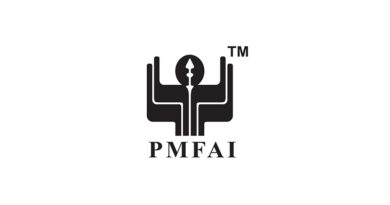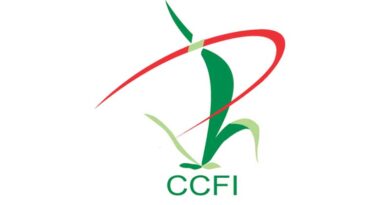Govt may tweak draft policy to treat commercial farming at par with industry
01 December 2021, New Delhi: The government is set to reconsider its Draft National Water Policy that will treat water-guzzling commercial farming at par with industry as far as prioritisation for its use is concerned, following the success of free foodgrain distribution scheme that has 93-94 per cent off-take.
Under the draft policy, drinking water gets the top priority followed by agriculture. However, a distinction has been made on water-intensive commercial farming with a recommendation that “it must progressively adopt water-saving technologies.”
“It is true that paddy is a water-intensive crop. But it is also true that due to the stock available with the government, it has been able to distribute the rice/wheat free-of-cost under the Pradhan Mantri Garib Kalyan Anna Yojana (PMGKAY) to 80 crore people,” said an official.
It is not practical to equate water-guzzling crops at par with industry and charge them accordingly, the official said, adding that the draft might be reviewed and tweaked before it is finalised.
The Cabinet last week extended the PMGKAY for free distribution of foodgrains to the below poverty line population by four months until March 31.
Need radical change
“Irrigation water consumption takes up 80-90 per cent of India’s water use, of which around 80 per cent is consumed by just three crops – rice, wheat and sugarcane,” the draft policy said. “Without a radical change in this pattern of water demand, basic water needs of millions of people, for drinking water or protective irrigation, cannot be met,” it said and recommended the government to align its structure of incentives and investments in crop value chain development with the need for crop diversification.
Though the government runs the crop diversification programme, it has become a non-starter with the increase in procurement of rice and wheat. The official purchases of rice under Central Pool stocks has increased to 49 per cent of production in 2020-21, up from 30 per cent in 2013-14. Similarly, in the case of wheat, the share of procurement in production has gone up to 40 per cent from 29 per cent during the last eight years.
In the case of sugarcane, farmers are undeterred in raising production despite the outcry over arrears as mills delay clearing the dues due to a glut in sugar output.
“The Commission for Agricultural Costs and Prices (CACP) has been recommending for years to change the current procurement policy that favours rice and wheat over other crops. But it is a difficult decision to take politically. It has become more difficult after the repeal of farm laws,” said an expert. Hopefully, the next committee to be formed on agri reforms may help resolve this vexed issue, he added.

